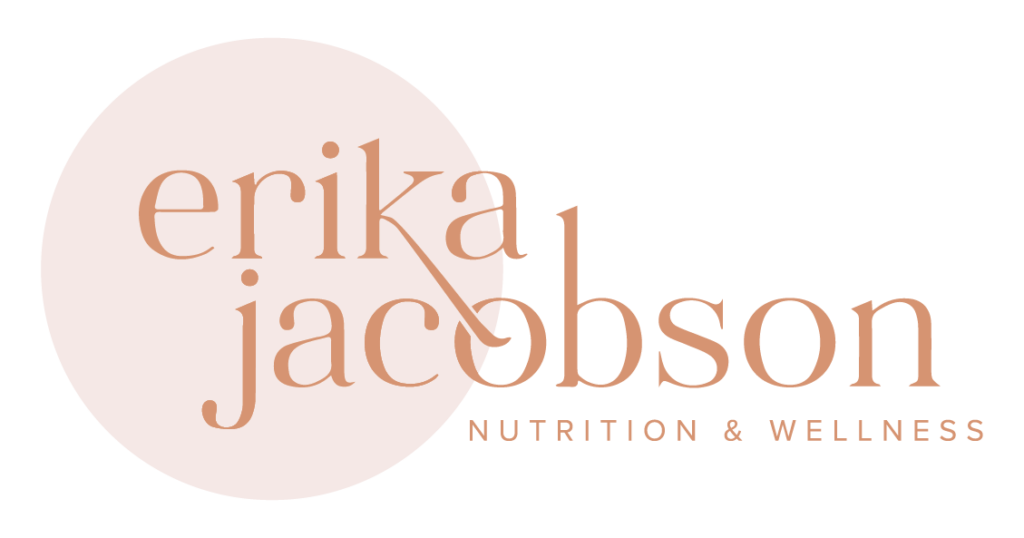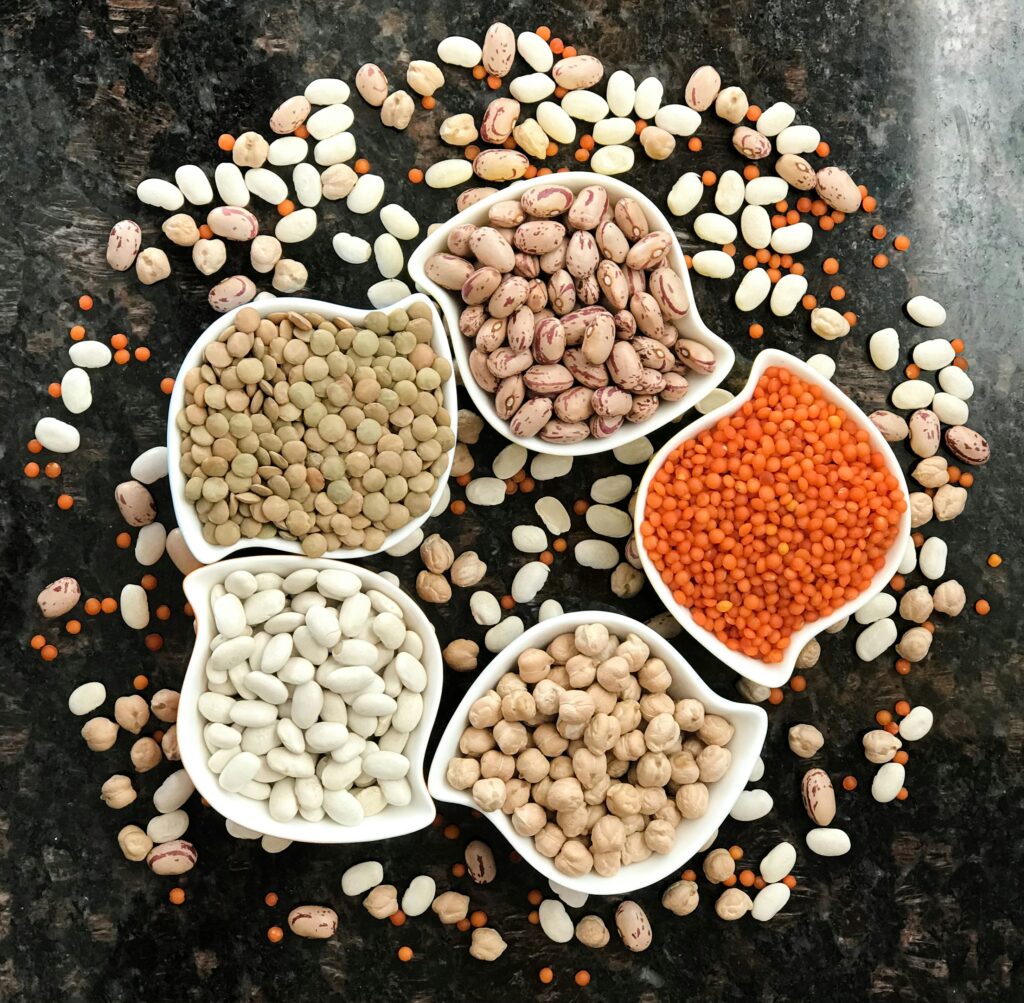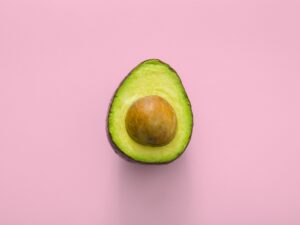If you’re doing all the “right” things for your gut—eating clean, taking supplements, avoiding trigger foods—but still feel 4 months pregnant after meals, backed up for days, or too tired to function, you’re not alone.
My client M was in the same place. She dealt with:
🦠 Recurrent SIBO
🔥 Daily reflux
🥴 Meals that left her bloated and full for hours
🥱 Energy crashes that made workdays a struggle
💊 Nutrient deficiencies—despite taking a multivitamin
She’d tried everything: antibiotics, PPIs, and of course—the low FODMAP diet.
Like many, she got temporary relief. But the symptoms kept coming back.
Here’s why: until you address what’s causing your gut issues, restrictive diets and symptom management won’t truly fix the problem.
What Are FODMAPs Anyway?
FODMAPs are a group of fermentable carbohydrates found in foods like garlic, onions, apples, lentils, dairy, and wheat. They’re not inherently bad—in fact, they feed your good gut bacteria!
But for those with imbalances like SIBO, poor motility, or low digestive enzymes, these foods can trigger bloating, gas, diarrhea, constipation, or reflux.
That’s where the low FODMAP diet comes in. It’s a temporary elimination diet designed to reduce those symptoms—but it was never meant to be used long-term.
Why the Low FODMAP Diet Isn’t a Root Cause Solution
Here’s the truth most people miss:
🚫 It doesn’t fix the reason you’re reacting to these foods.
🚫 It can deplete your microbiome diversity.
🚫 It can create food fear and worsen nutrient deficiencies.
That’s why many people feel stuck on it for months (or years), afraid to eat normally again.
In my practice, I rarely use low FODMAP as a first-line approach. When I do, it’s short-term and part of a bigger strategy that addresses the root cause.
Client Case: What We Found Instead
When we tested M’s gut using a comprehensive stool test and mineral analysis (HTMA), we found:
📉 Low stomach acid (contributing to reflux, bloating, and poor digestion)
⚡ Depleted sodium, potassium, and magnesium from chronic stress
These minerals are essential for stomach acid production—so her digestion never stood a chance.
With my Restored Gut Method, we built a personalized plan to:
- Replenish her minerals
- Support stomach acid naturally
- Strengthen gut immunity
- Rebuild her digestion without restrictions
In just 60 days:
✔️ No more bloating or reflux after meals
✔️ Steady energy without naps
✔️ No more fear around food
Want to get your gut tested? Click here
FODMAPs Are Actually GOOD for Your Gut (Once You Heal)
This might shock you, but FODMAPs feed beneficial bacteria and support short-chain fatty acid production (like butyrate), which reduces inflammation and strengthens your gut lining.
Long-term avoidance of FODMAPs = less microbial diversity = more gut issues long term (bloating, constipation, loose stools, reflux)
So… Should You Try Low FODMAP?
Maybe—for a short window. But only after you’ve gotten your gut labs done, because cutting out FODMAPS might make your gut issues worse.
Elimination diets aren’t healing strategies. And most people don’t need to eliminate as much as they think.
Final Thoughts
You don’t need to be stuck on restrictive diets forever. If your gut symptoms keep coming back or food fears are ruling your day, it’s time for a new path.
Inside The Premier Gut Solution, I help clients identify and correct the real causes of their digestive symptoms—so they can eat freely, poop daily, and finally feel like themselves again.
🎥 Want to see how we do it?
👉 Watch my free training here or book a clarity call to see if this approach is right for you.




